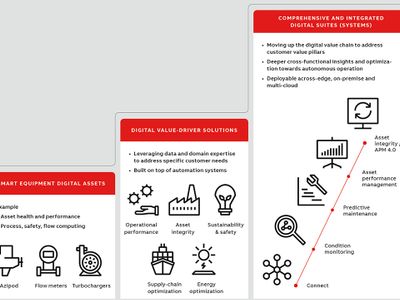The course includes lectures by teachers and presentations by students. To pass the course, the students should do following tasks (1), present (about 20+10 minutes for one selected topic) in the class; (2), An approved survey report (minimum 5 page) on one selected topic (Technology or Vertical Applications); (3) Attend 80% lectures (about 11 out of 14).
The course will be given once per two years.
Student work load: Lecture hours, 20 hours; Presentation: about 25 hours (preparation+oral presentation); Home work 60 hours (literature reading for different topics); Survey report (students) may take up to 92 hours; Peer-grading of final report: 16 hours. Total time for each student is about 213 working hours.
Lecture 1. Course information and introduction of industry transformation
Lecture 2. IP-based Convergence and Interoperability of Industrial IoT Standards
Lecture 3. High performance wireless networks Part 1, requirements, enabling technologies and theories
Lecture 4. High performance wireless networks, Part 2, Vectrical Applications and experinments.
Lecture 5. Physical Layer Security for Industry Wireless Networks
Lecture 6. Functional Safety for Industry Systems
Lecture 7. Industrial AI, Part 1, Requirements and Algorithms
Lecture 8. Industrial AI, Part 2, Vertical Applications and experinments
Lecture 9. Digital Twin
Lecture 10. Global Coverage, Satellite Based Communications and Computing
Lecture 11. Guest Lectures on Industrial Robots etc.
Lecture 12. High-accuracy industrial positioning
Lecture 13. Industrial Cloud/edge computing
Lecture 14. Reflection on Information Technologies for Sustainable Industries
With the development of various enabling technologies, e.g., AI, 5G and beyond, industry security, digital twin, global coverage and edge computing, the digitalization of industries has attracted lots of research efforts and started to be deployed in various industry scenarios. Though some courses may involve a part of those topics, a comprehensive and vertical-application oriential course have not been developed. Moreover, a systematic study on requirements, challenges and development of information technologies for industry digitalization has not been developed yet. This course aims to address these problems by developing systematic and vertical-application oriented course for industry digitalization. The main objectives of the course are to train the students on the key information technologies for industry digital transformation and to inspire the students for potential new research topics. After the course, the students should:
- Know an overview of and the technical requirements for industry digitalization.
- Know the information technologies for sustainable industries.
- Understand key requirements and enabling technologies of information technologies (both theories and practices) for industry digitalization, including e.g., wireless networks, AI, security, digital twin and global coverage etc.
- Understand how the information technologies are applied in vertical use cases for industry digitalization.
- Understand recent development and existing challenges of information technologies for industry digitalization.
